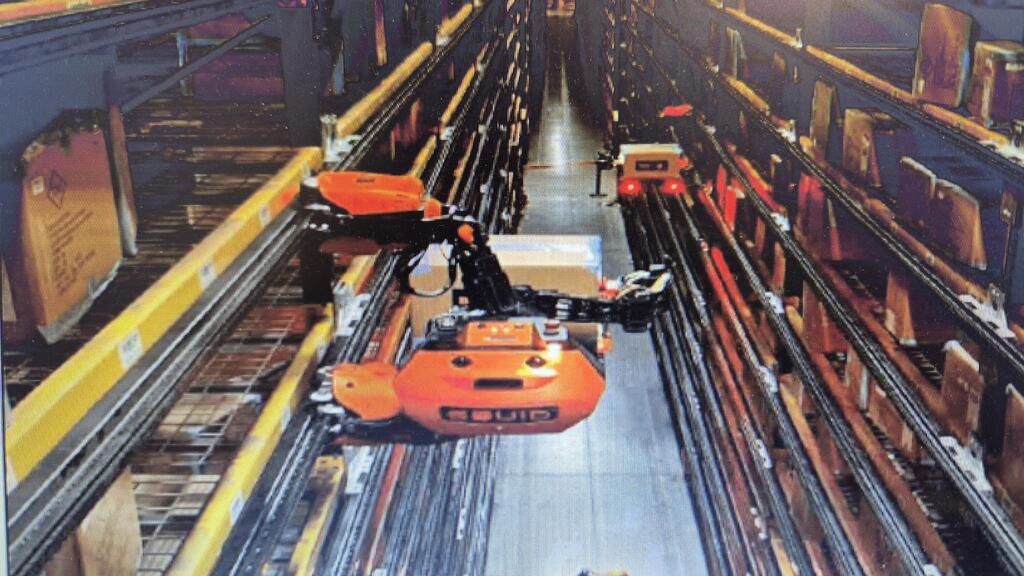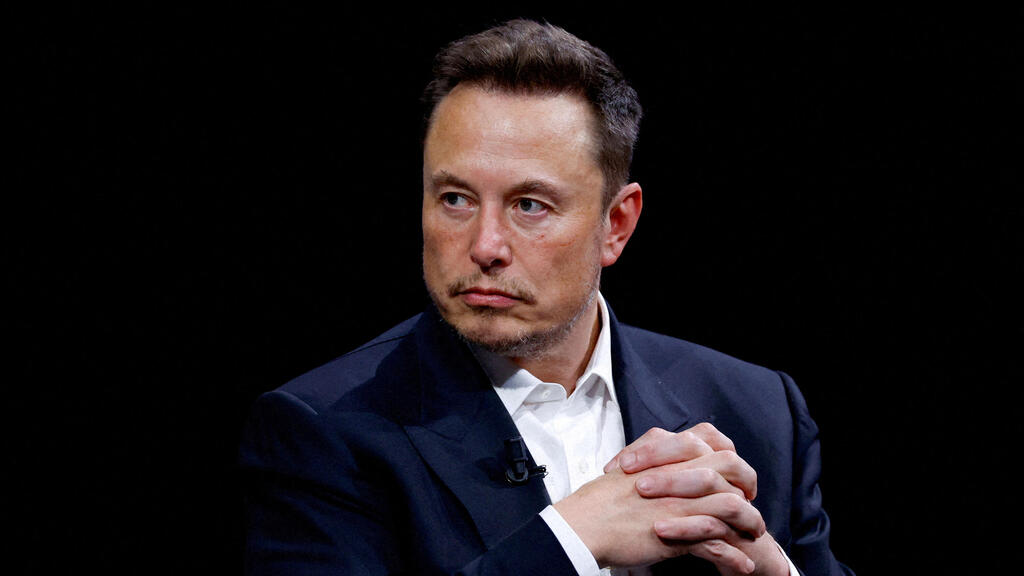Getting your Trinity Audio player ready...
Israeli robotics startup BionicHIVE, which gained fame in January 2021 after tech entrepreneur Elon Musk praised its technology on X (formerly Twitter), has accumulated debts of approximately NIS 66 million ($17.5 million) and petitioned the Be'er Sheva District Court for its dissolution.
The company also requested the issuance of a stay of proceedings order and the appointment of a temporary trustee. According to a January 2021 report, Musk responded to a video showcasing the company’s robotic technology, calling it "the robot future."
Judge Yaakov Persky approved the company’s request and issued a stay of proceedings order, which prohibits initiating legal actions against the company or settling its debts. He also ruled that a temporary trustee should be appointed.
The company attributes its financial decline directly to war in Gaza and its devastating effects on the Israeli economy in general and the high-tech sector, which relies heavily on investment fundraising, in particular.
Despite extensive efforts, the company struggled to recover, as its lifeline — raising funds from investors — was severed, partly due to a lack of willingness to invest in an Israeli company during the war. Other war-related factors created a cash flow shortage that made continued operations and meeting commitments impossible.
In its petition, the company highlighted its focus since inception on developing robotic systems for warehouses and logistics operations, positioning itself as “the future of robotics.” Its flagship product, the SqUID system, operates autonomous robots designed to collect, organize and distribute goods in logistical warehouses.
The company's attorneys said that the system’s uniqueness lies in its ability to transform a manual warehouse designed for human labor into an automated one with minimal investment, integrating human labor with robotic activity.
The robots navigate on warehouse floors independently and connect to tracks mounted on shelves when required to reach higher levels, replacing manual labor in picking, organizing and storing items at any height or location.
Since its establishment, the company has raised $15 million from investors and an additional $3 million from the Israel Innovation Authority. As of now, the company has around 30 robots with significant commercial potential, according to its statements.
The company also revealed that it was in advanced negotiations to sign new investment agreements and distribution deals for the next generation of its robotic systems before the war.
Get the Ynetnews app on your smartphone: Google Play: https://bit.ly/4eJ37pE | Apple App Store: https://bit.ly/3ZL7iNv
However, operations at its Sderot offices were halted when the area was declared a closed military zone and some of the company’s employees were drafted for reserve service. Additionally, a substantial portion of the workforce, including two of the founders, were evacuated from their homes.
In its filing, the company stated that alongside its assets, it has debts totaling approximately NIS 66.6 million ($17.7 million), most of which — around NIS 65 million — is owed to various investors, NIS 700,000 ($186,000) to employees, NIS 200,000 ($53,000) to authorities and NIS 546,000 ($145,000) to suppliers.



